Celtic Connections: How the 30-year-old music festival transformed popularity of traditional music
When the first performers took to the stage of Glasgow’s Royal Concert Hall for the launch of a new festival 30 years ago, Scotland’s music scene was a very different place from the one that exists now.
Dedicated festivals at the height of summer were virtually non-existent, never mind the depths of winter.
Advertisement
Hide AdAdvertisement
Hide AdLaunched months before the first T in the Park, Celtic Connections would become one of the biggest success stories of Scottish culture in modern times and the single most important showcase of traditional music in a calendar now packed full of festivals.
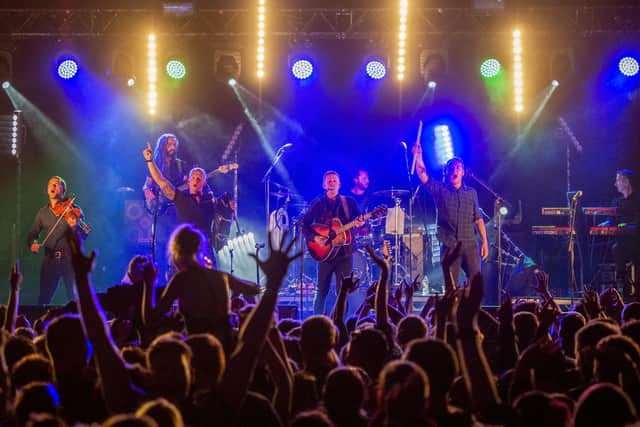

Celtic Connection is almost unrecognisable from its first edition, which was staged entirely within the then four-year-old concert hall to fill a substantial post-Christmas gap in its programme.
The 2024 event, which runs across nearly 30 stages, will see around 1200 musicians appearing in more than 300 shows by the time it closes on 4 February.
Ticket sales are running almost 20 per cent ahead of last year, with festival favourites Skerryvore, Valtos, Skipinnish, Julie Fowlis, Talisk and Rura selling out shows at the biggest festival venues, including the Barrowland Ballroom, SWG3 and Kelvingrove Museum.
Donald Shaw, creative producer at Celtic Connections, said: “It’s the kind of festival with artists that people really love and will come back to see them again and again. They know their shows sell out and want to get in there quick.
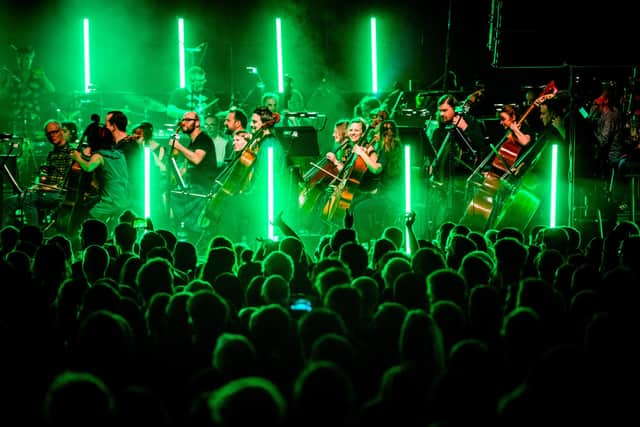

“That really allows us to concentrate on getting shows with emerging artists or shows that are a bit more experimental over the line.
"It used to be scary how last-minute our ticket sales were. We used to sell more than half of our tickets well into January.”
Advertisement
Hide AdAdvertisement
Hide AdThe popularity of acts championed at Celtic Connections, and younger festivals such as Hebcelt, Skye Live and Belladrum, has exploded over the last decade, with musicians and bands even launching their own events into an increasingly busy calendar.
Lisa Whytock, who founded the Active Events agency in 1990, is executive producer of Showcase Scotland, the international music industry gathering staged at Celtic Connections.
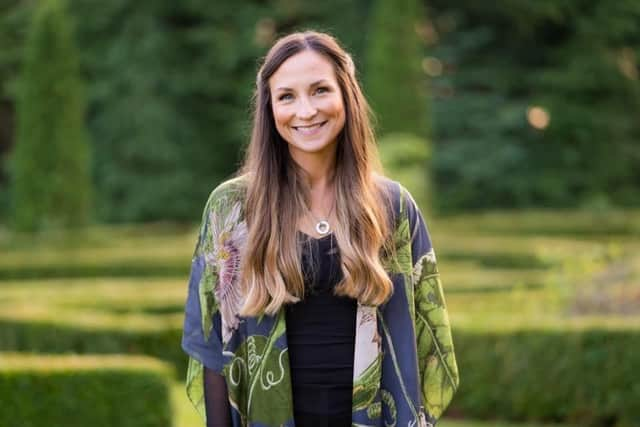

She said: “It was impossible to build a tour in Scotland 34 years ago, as there were no venues, particularly north of Dundee.
"Festivals such as Celtic Connections, Belladrum, Eden, Party in the Palace and HebCelt have provided platforms for new and emerging artists, bringing them back as mid-sized performers and eventually headliners.
“Scotland has long been too small a nation for artists to sustain careers professionally. The advent of social media and projects such as Showcase Scotland, which is focused on delivering an international platform for artists, has meant that they have been able to build solid careers and incomes.
“They are not reliant on record label support and this has produced more of an independent, free-thinking bunch of musicians. They are ambitious in their ideas and confident in themselves. They are releasing their own albums, marketing their own tours and building their own shows.”
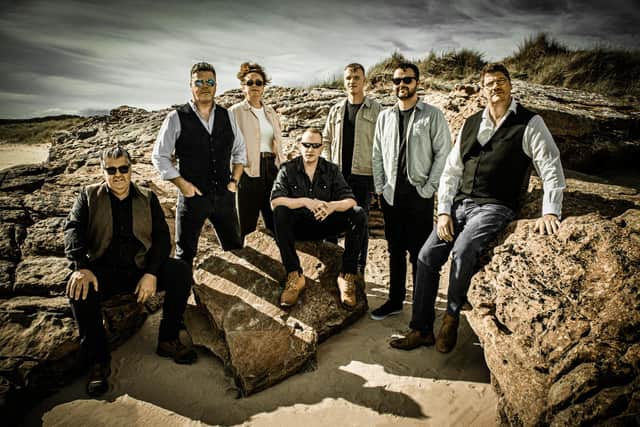

Mr Shaw added: "Scottish traditional music has now become a brand which has appeal right across the country and across all ages, which it just didn’t used to have. Lots of people who didn’t think they were into folk music are going to gigs now.
Advertisement
Hide AdAdvertisement
Hide Ad“If village hall committees or communities are looking to run their own festivals and events they know that traditional music has appeal across the board now. It’s a great way to bring people together.
“Artists like Skipinnish, Tide Lines, Skerryvore and Peat & Diesel have built up good, loyal audiences by filling halls over and over. It’s no wonder they’re looking to do their own events.”
Michael Pellegrotti, co-director of the Skye Live festival, launched a new Glasgow festival, The Reeling, last summer.
He said: “One of the key factors has been the introduction of more contemporary sounds and bigger live production by many of the leading bands.
”There are more sophisticated techniques being deployed in recordings and almost all of the bigger artists now tour with a lighting designer.
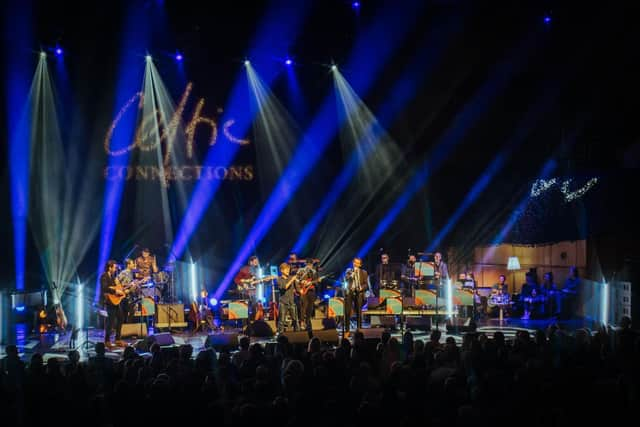

"This has brought a much younger audience to gigs and festivals, with the shows providing an experience similar to what they might expect from more mainstream and international touring artists.
"The growth of the internet and social media, which has enabled bands to build more of a connection with existing audiences, as well as drawing new audiences in with exciting content that breaks down preconceptions of the music. The bands achieving the most success are the ones that know how to work that to their advantage.”
Advertisement
Hide AdAdvertisement
Hide AdCraig Corse, founder of the CCM Live agency and producer of the Orkney Folk Festival, said: “There’s a huge strength in artists knowing who’s actually going to their gigs and listening to their music, and focusing on growing that.
"Social media really has put that power in artists hands, as the data can give really finely-tuned impressions of audience breakdowns - which can then be targeted when advertising tours and new music. Those that have done well recently really have seized that, perhaps with the time afforded during the pandemic.”
Alasdair Taylor, mandolin player with Elephant Sessions, who are launching a new festival with the Black Isle Brewery, near Inverness, this year, said: “Using social media and building an online presence can be really helpful to drive people to your own tour shows, also established venues with a loyal following are crucial.
“However we’ve found festivals to be a massive factor when building audiences, playing to new audiences can be hugely valuable. It’s about turning up and winning over audiences that don’t know you."
One of the biggest new events, the Hoolie at the Hydro in Glasgow, was instigated by broadcaster and musician Gary Innes, who plays with the band Mànran.
He said: “The change in the Scottish traditional music scene over the last three decades has been phenomenal, from a plethora of bands who continue to push boundaries to genre-bending collaborations and performances that showcase the possibilities and talent within the field.
"The fantastic appetite for the tradition can be seen by events such as Hoolie in the Hydro, which really show that our genre has a rightful place on our biggest stages.”
Comments
Want to join the conversation? Please or to comment on this article.
